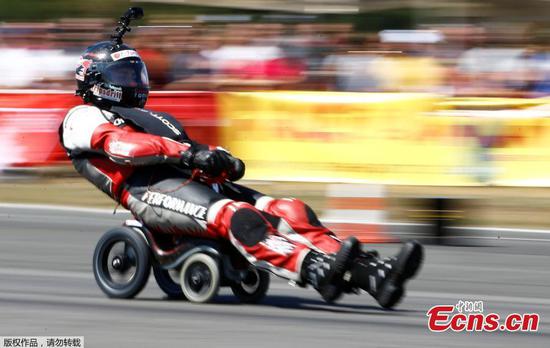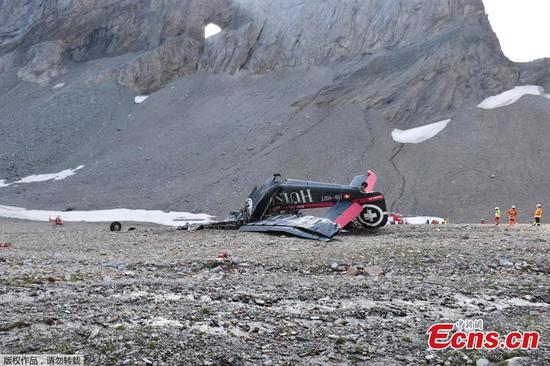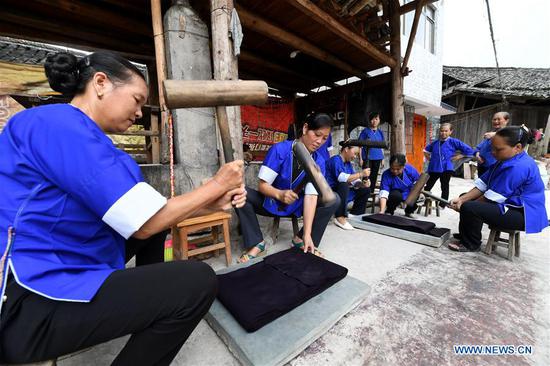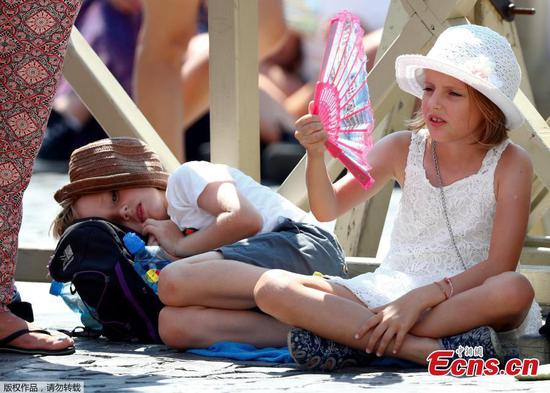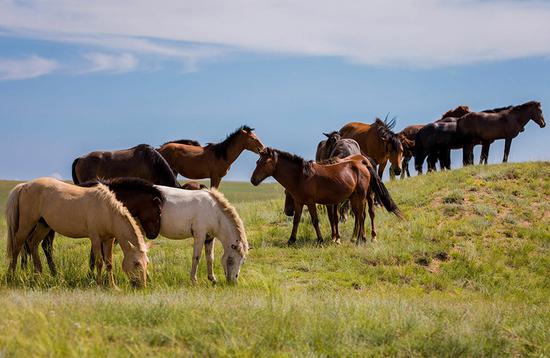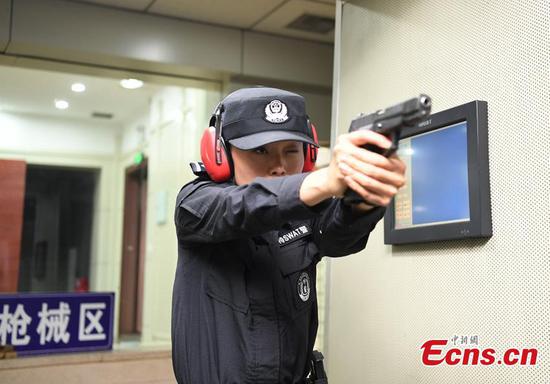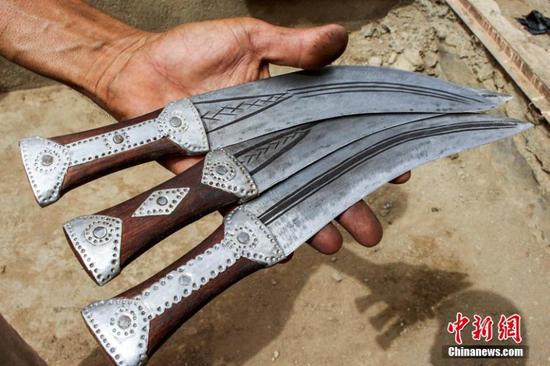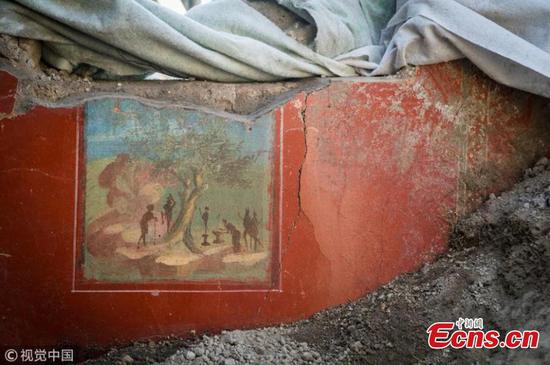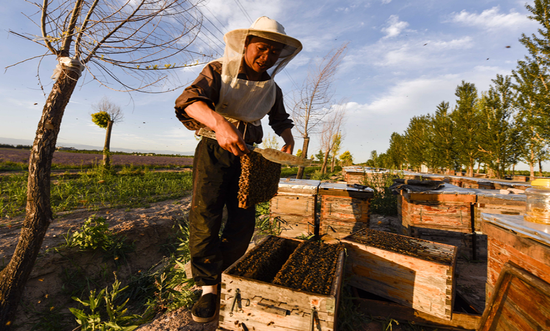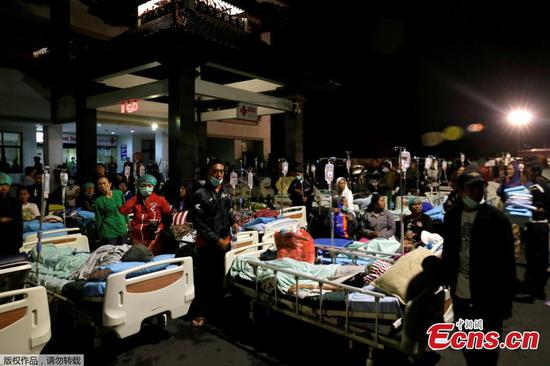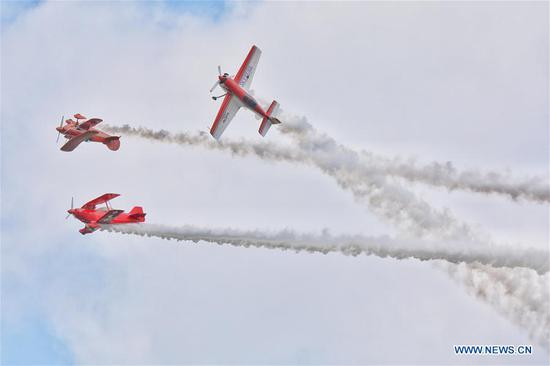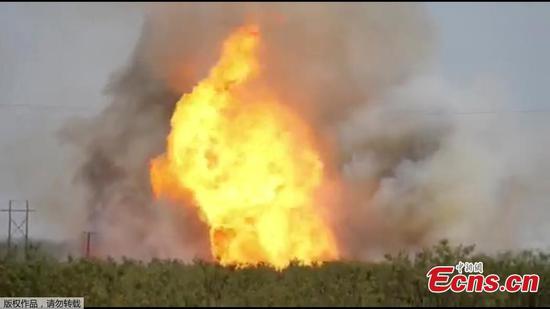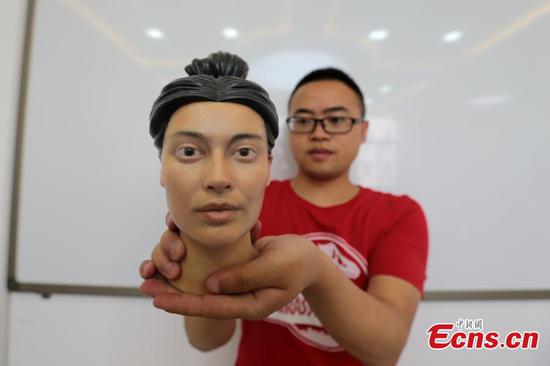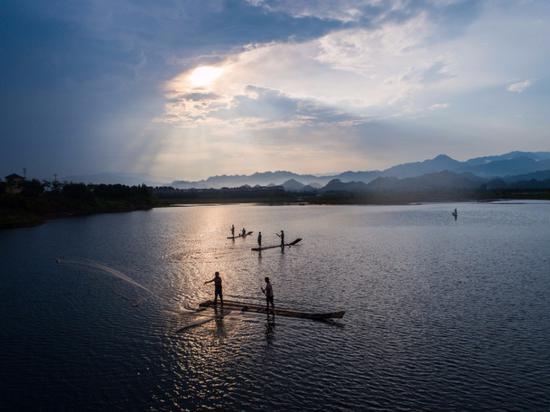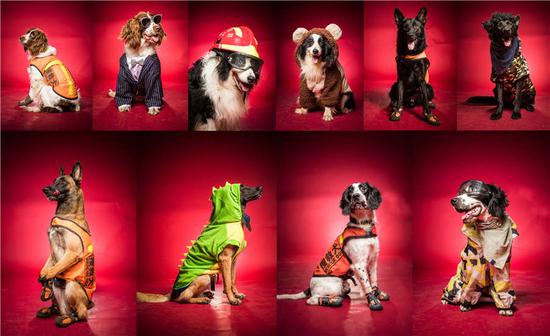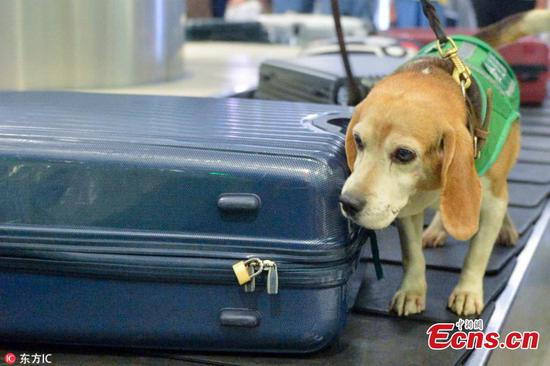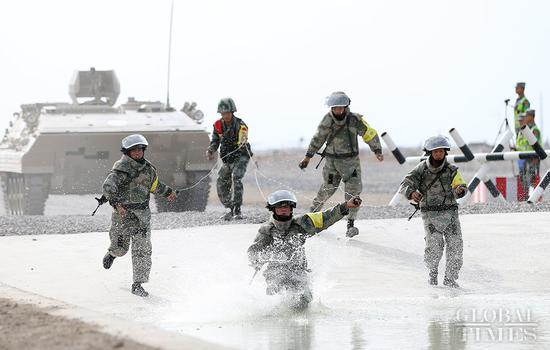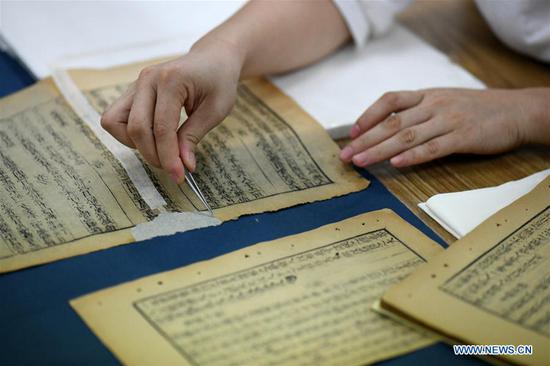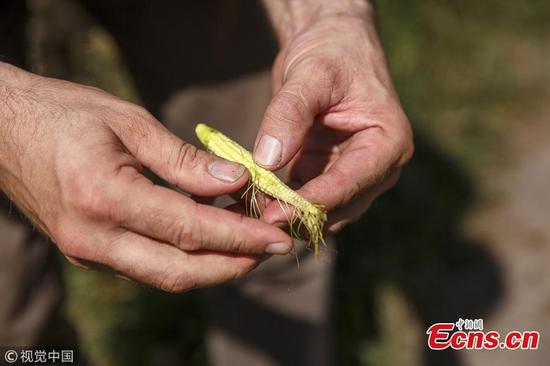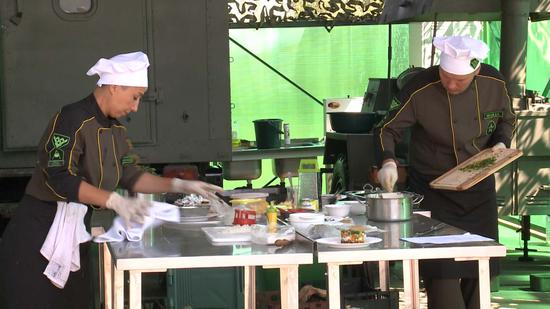
Photo from Dan Ashby
Teams from 12 countries are battling it out in the Field Kitchen round of the International Army Games, an event that has seen countries from all over the world pitch their armies in an "Olympics-style" contest.
In the Field Kitchen round, the cooks must shoot at targets and then complete field kitchen challenges, in which they prepare and serve an array of top dishes. The teams must use military kitchen equipment, including gas stoves and army ovens.
In the first cooking round, the cooks were given 50 ingredients and told to make the same Russian meal.
Lieut. Colonel Shavit, from the Israeli team, said: "This is the Army Games. We start out in the army doing only one profession and that's always as a soldier. And then we go to our second profession: and that's as cooks."
Among the dishes they have prepared are Kazakhstan rice, special soups, and tabboulehs.
Crowds of hungry onlookers gathered to watch the chefs prepare their dishes, which had to be presented to a panel of military judges.
Lt Col Shavit added: "It's the best place to meet other people, make a relationship with other countries. We've got a lot of friends out there. We've got 12 states in the competition and it's all good."
But while it may be friendly, there's a competitive edge.
When asked what he would do if he won, the chef said: "I think I'd buy each of my own team a bottle of Russian vodka! I'd give it to each of my team and let them do with it as he wants!"
The baking and pastries round saw Mongolia top the leaderboard, with Belarus, Azerbaijan, and China taking up the other leadering positions.
The Field Kitchen contest is just one of the many challenges in which countries are battling it out at the International Army Games.
The marquee event, the Tank Biathlon, saw armies race T-72 Soviet tanks around a three-kilometer assault course, all the while firing off cannons to hit far-off targets.
Countries must also show their skills in underwater depth charge removal, parachuting, target practice, building bridges, ground attack, grenade throwing and aerial bombardment.
By Dan Ashby









